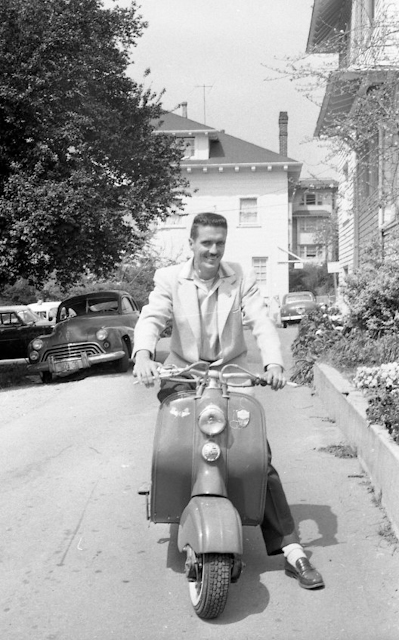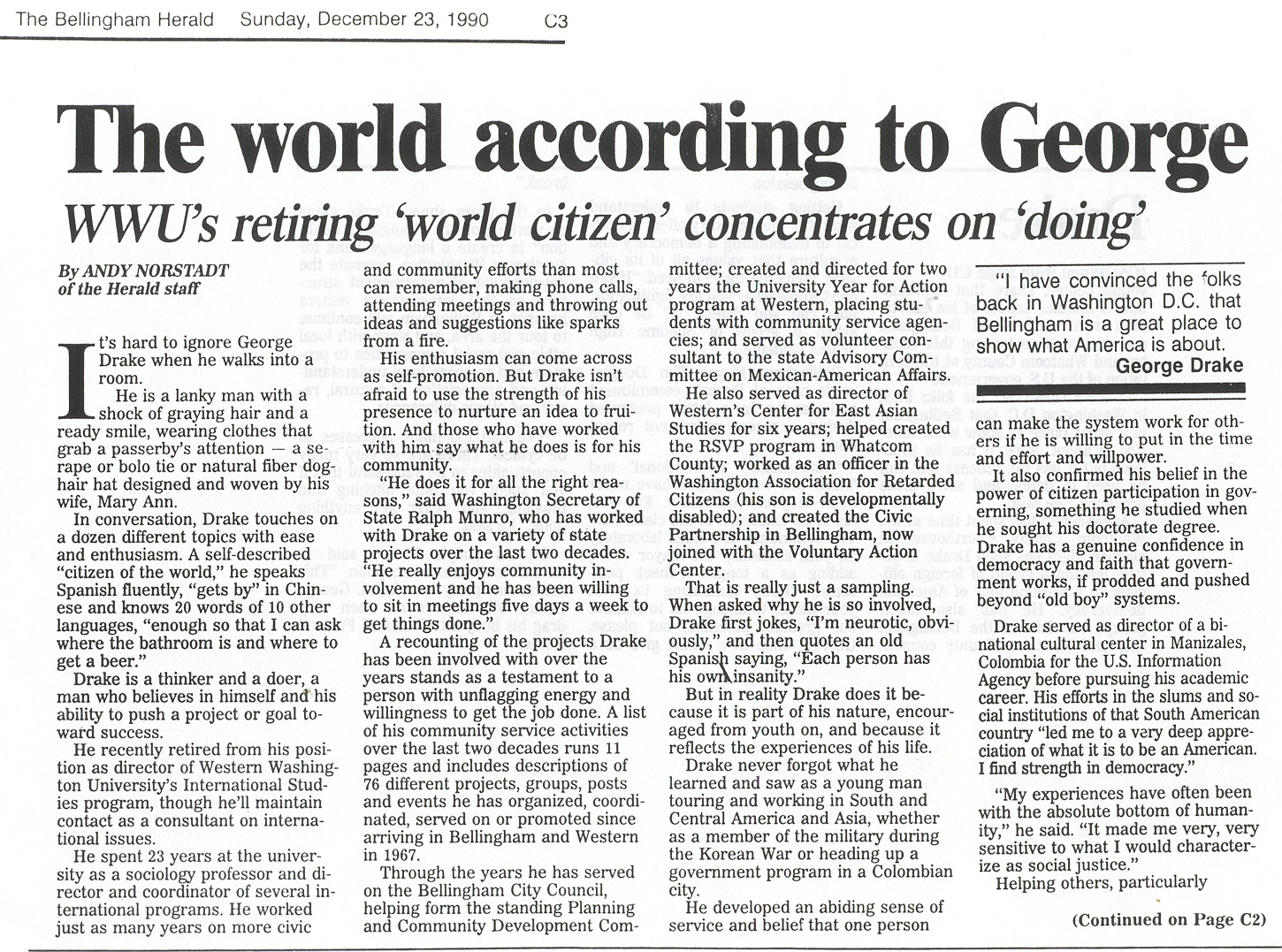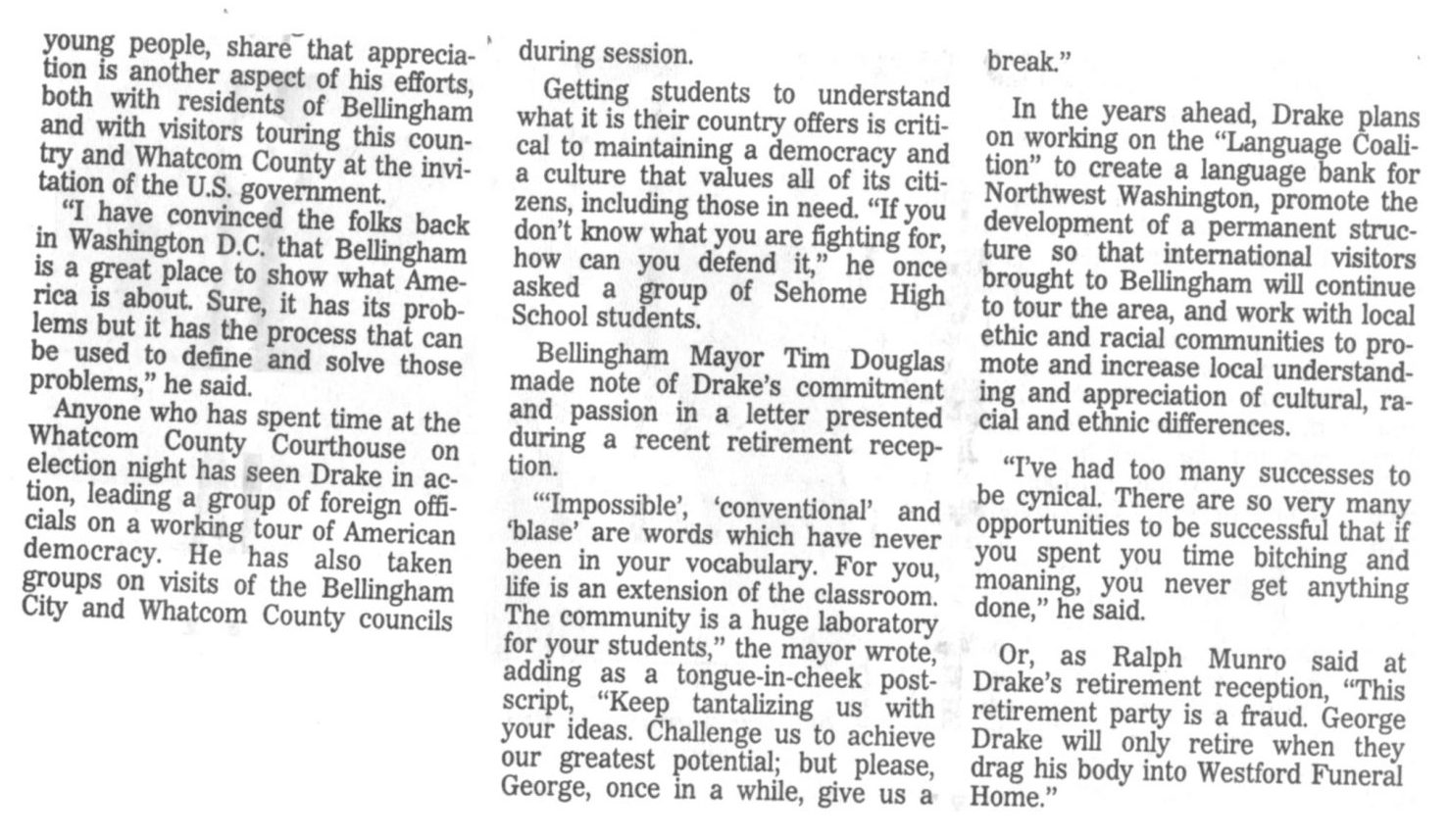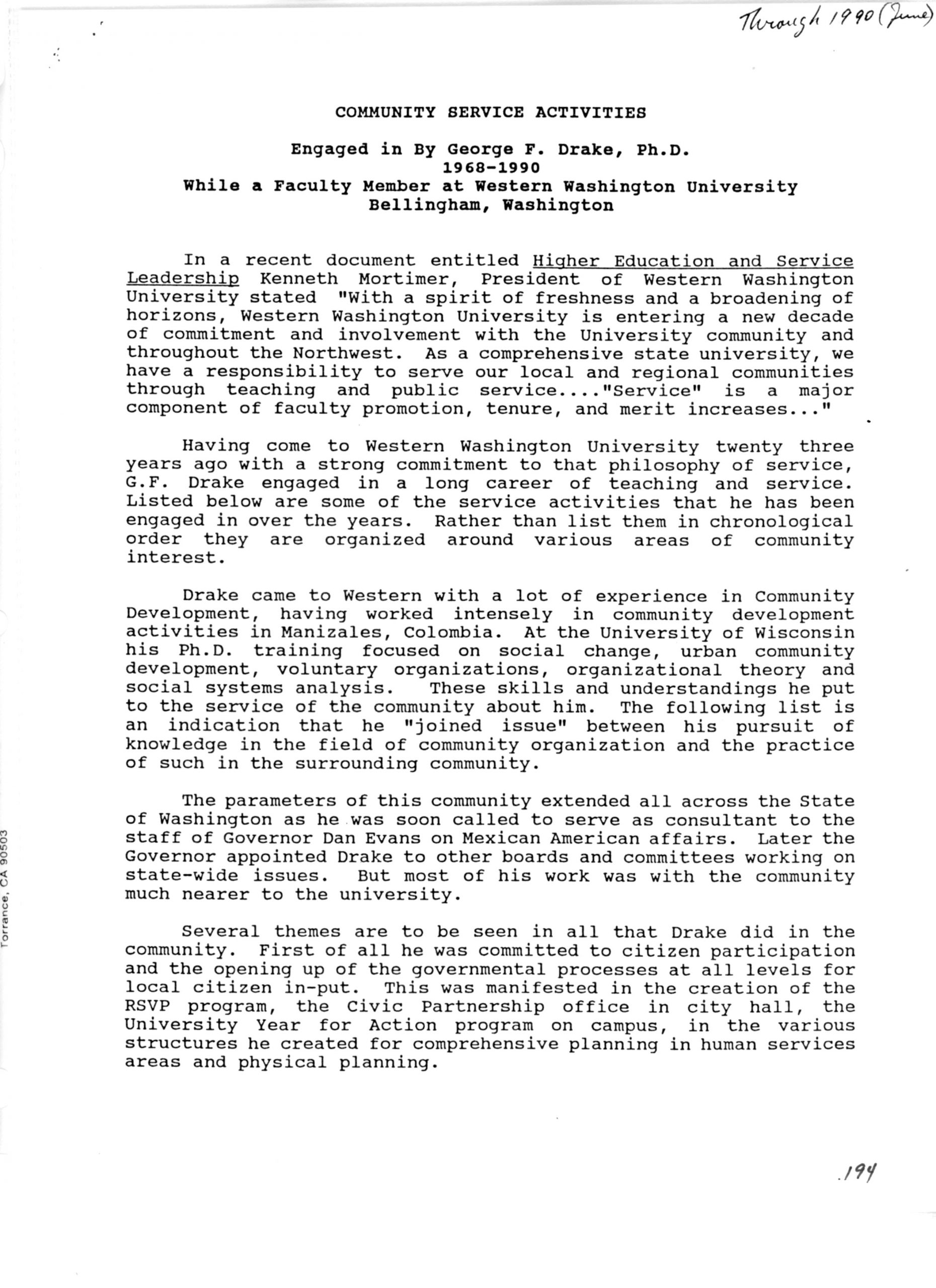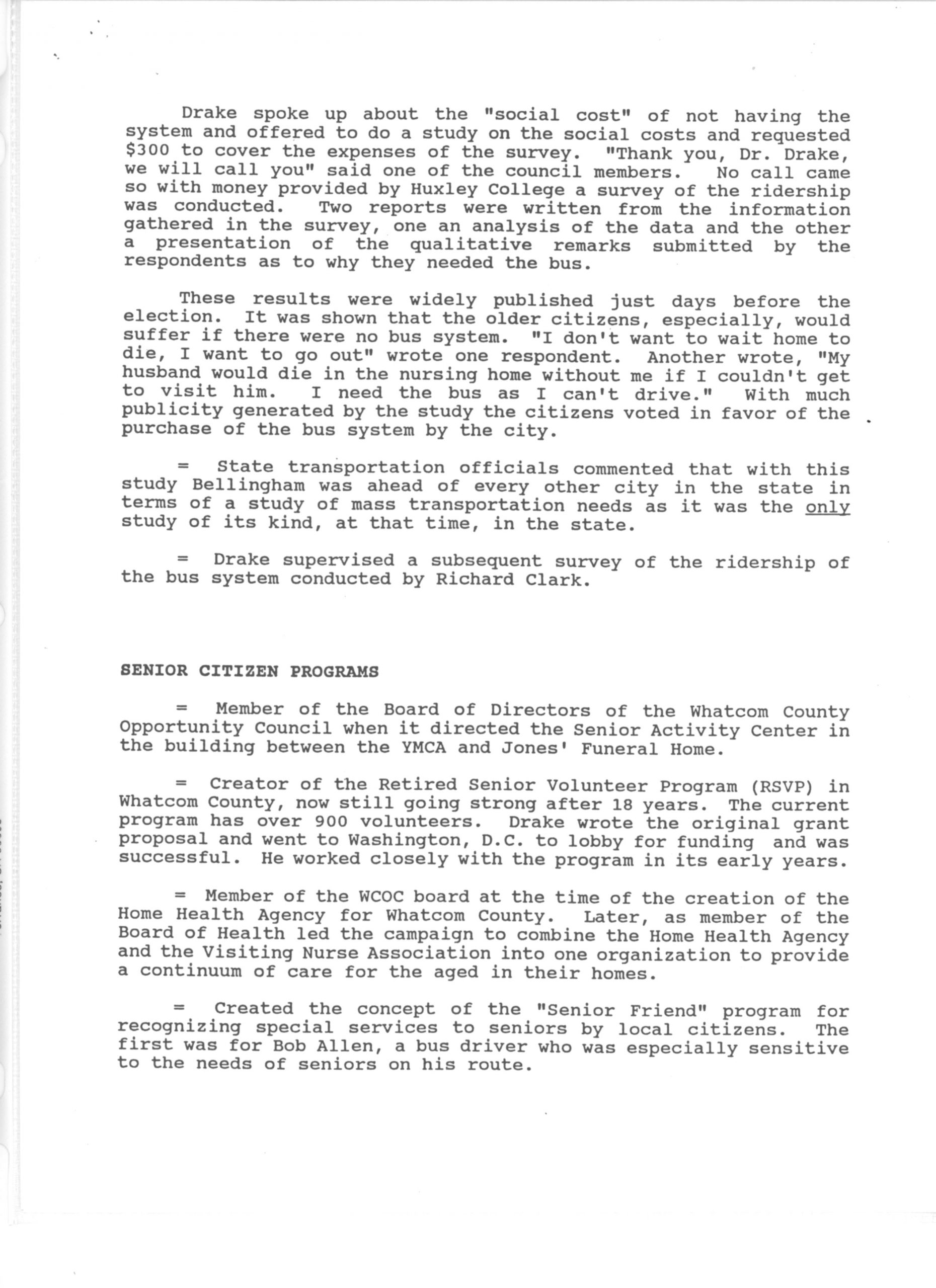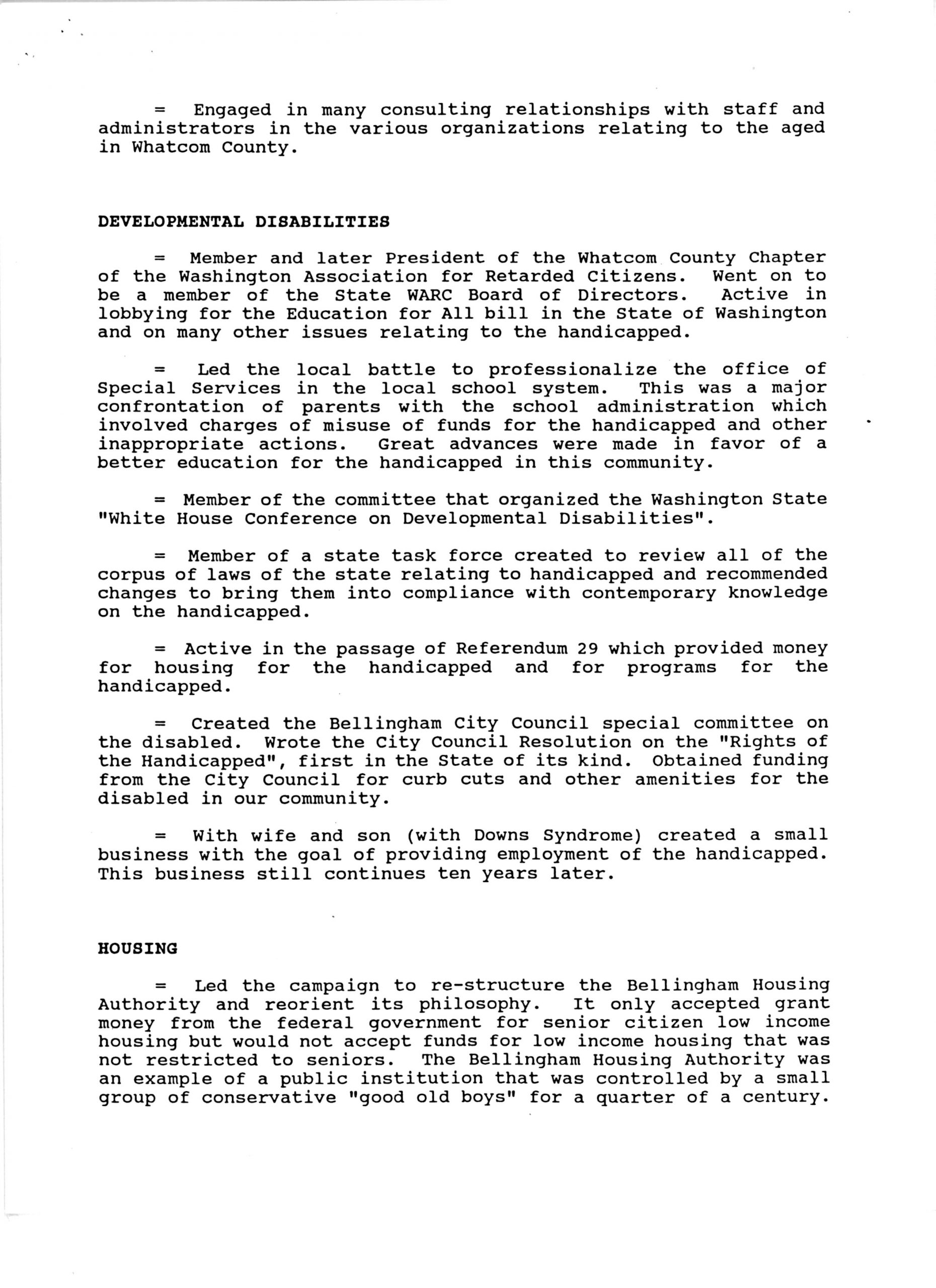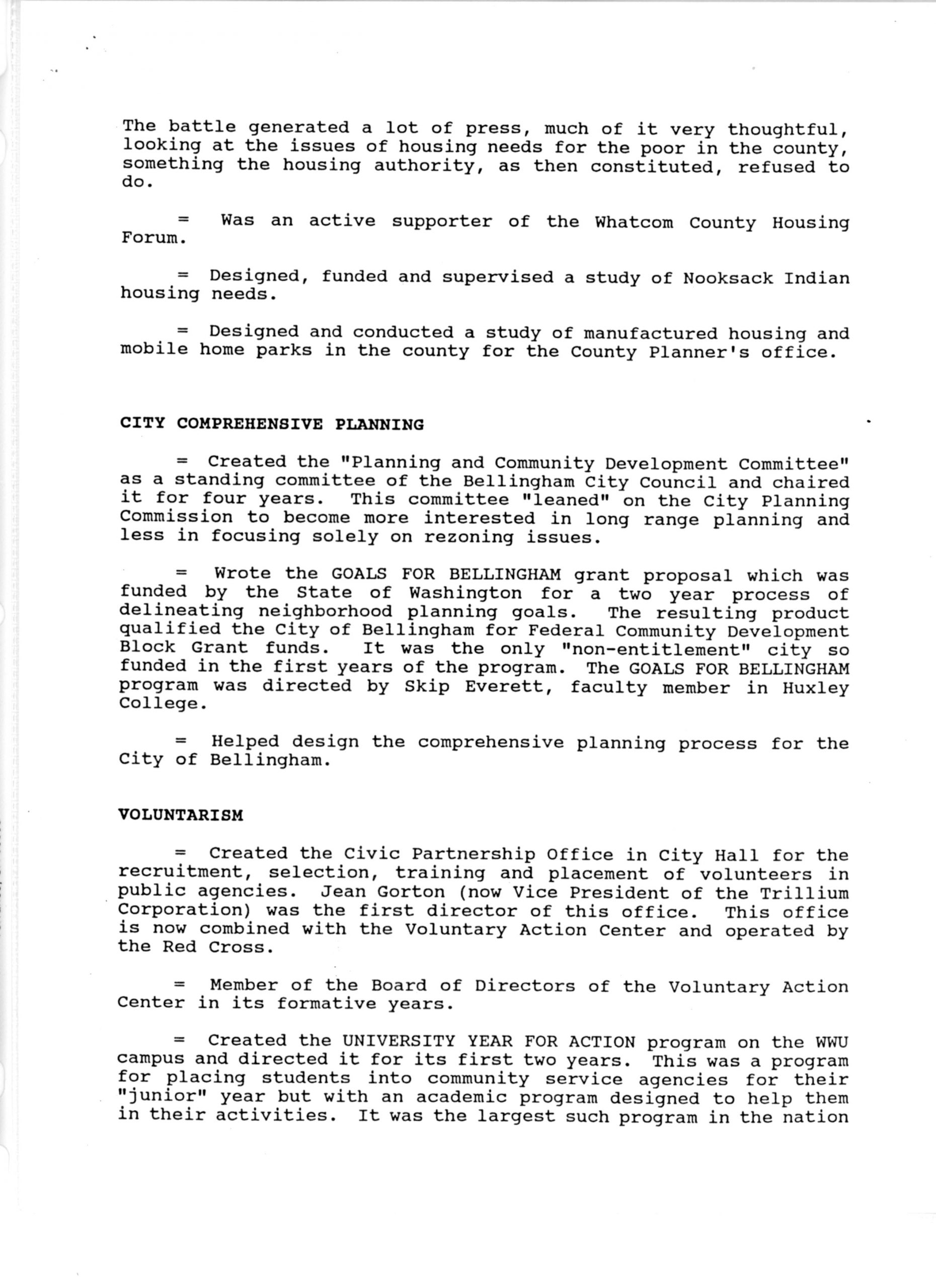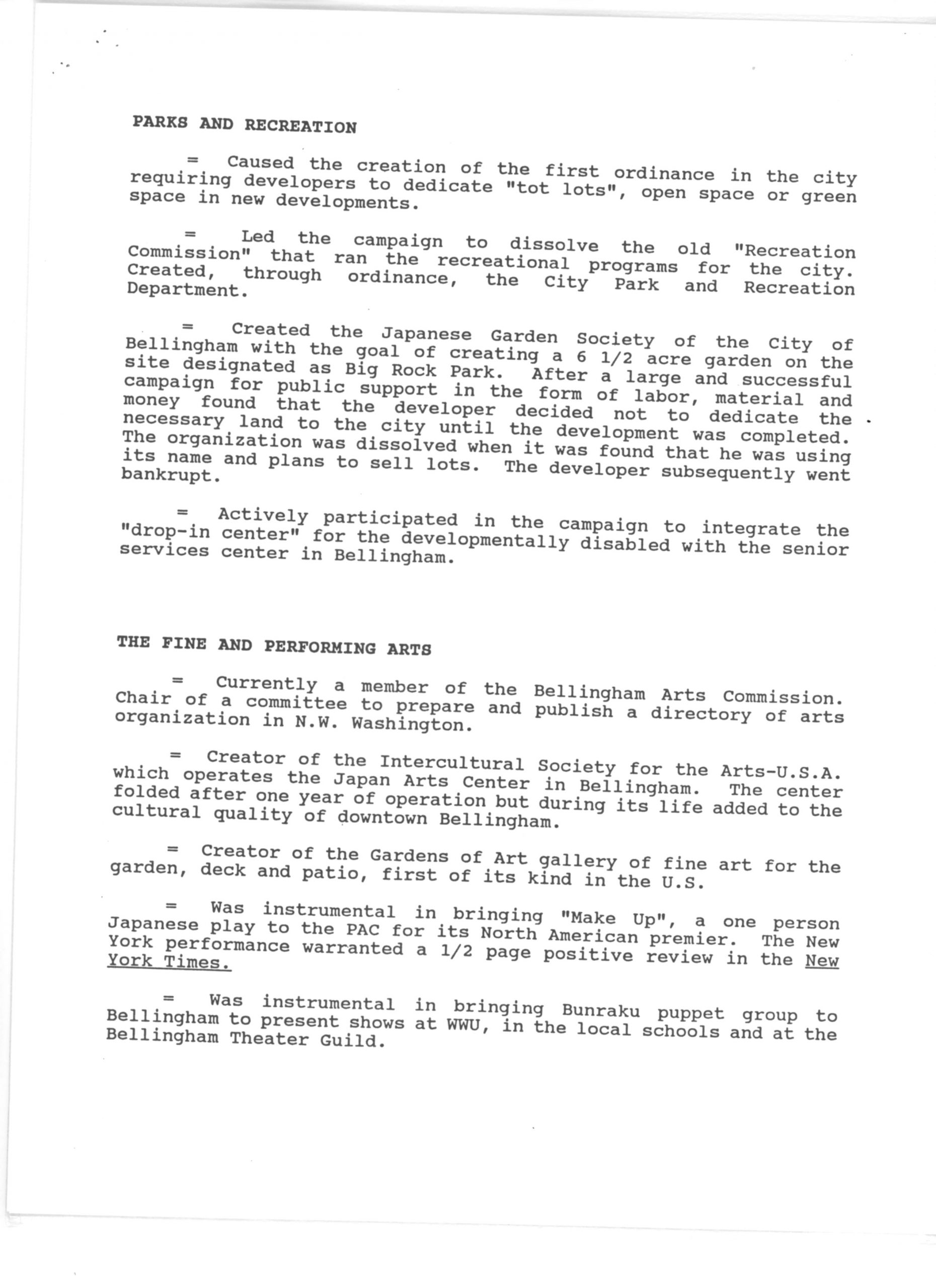Education and Jobs
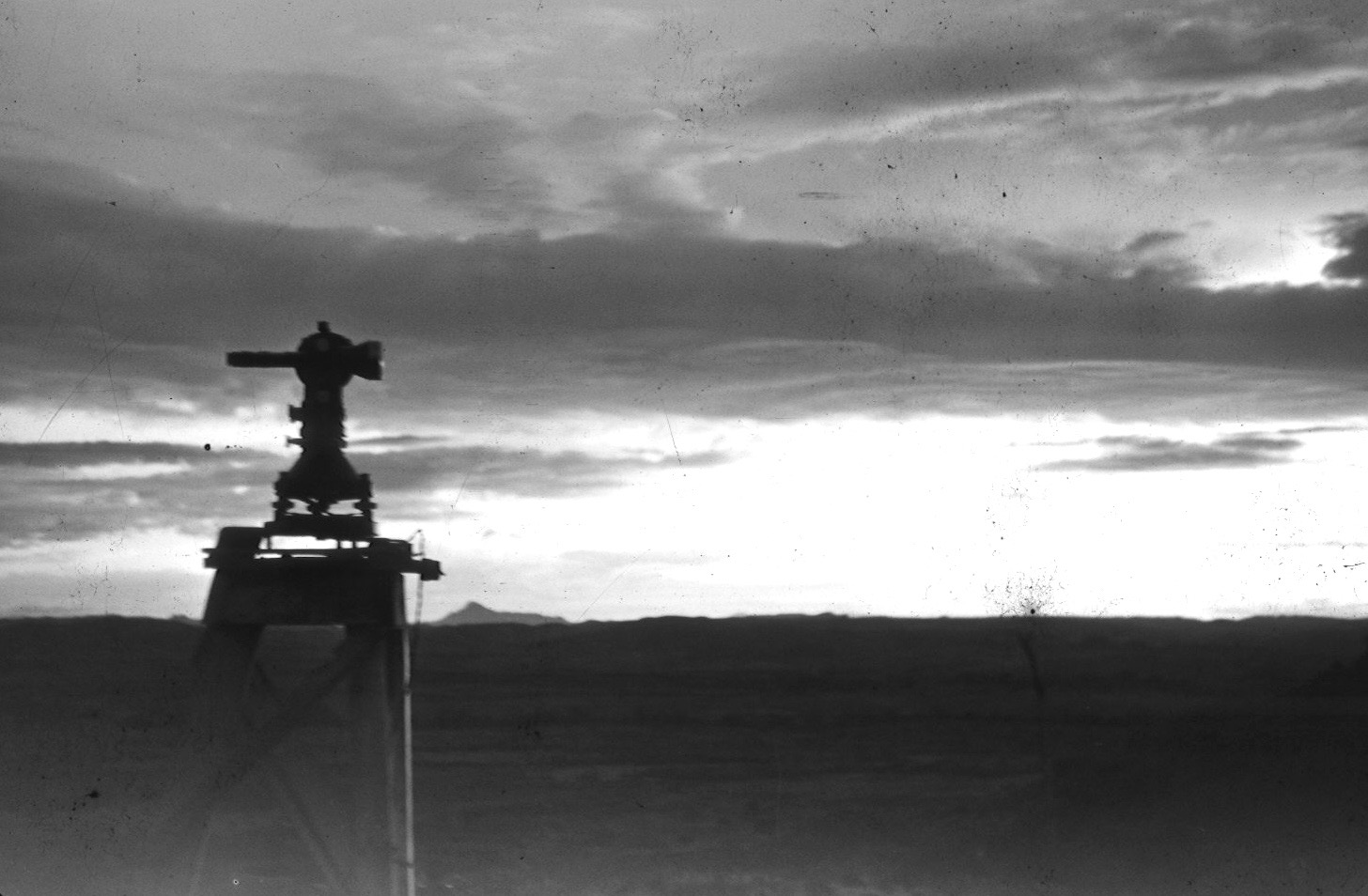
Miscellaneous Jobs
Through High School
Probably the first job I ever had (definition: an activity for which I garnered some form of recompense.) was when my grandmother ‘Nana’ paid me five cents if I took my wagon down the street to an empty lot and filled it with soil and brought it back for her to put on the top of the cinders from our furnace so she could raise flowers on that pile of slag. I was probably 8 or 9 years old. This was when we lived in Irvington, New Jersey. It was the depression and a nickel would go a long way meeting the needs of a young squirt.
Also for my grandmother was the task to follow the horse-drawn ice wagon with a scoop and a bucket and come back with the bucket full of horse manure for which I would also get a nickel. The manure was for her garden. I recall that on occasion I would follow that damned horse for miles and still have to go home with an empty bucket.
While living in Irvington I had a magazine route selling and delivering the Liberty Magazine and the Saturday Evening Post. That was good money but it ended when we moved to Manasquan, down on the Jersey coast.
This was during the war years and most young men were in the military service so the farmers were allowed to hire school children after 1 p.m. if they had permission to leave school early. I could make a dollar an hour following the potato picker and filling those sacks, and this was while a store clerk in town rarely made more than 45 cents per hour. Picking tomatoes were OK but I hated picking string beans as my income dropped terribly. Early summer money was to be made thinning the fruit trees so the remaining fruit could grow to full size and beauty. Of course, then came picking the fruit.
Every Saturday for a long time I worked on the farm of a classmate of mine by the name of Ulrich Hermann (I can’t believe I can still remember his name after 70 plus years). I had to be to the farm by 6:30 a.m. and go immediately to the cow barn and begin scooping the slops from the trough behind the cows and putting it into a wheelbarrow. I would then push the wheelbarrow to the end of the barn and up a plank and empty it in the manure spreader. Repeat, repeat, repeat. At ten minutes to eight, a bell rang and we ran to the house, cleaned up, and went into the kitchen where an immense breakfast awaited us. There may have been rationing for the rest of the nation but to watch the Hermanns who canned and preserved most of their own food set a table you would never know there was a war on.
In high school, I was a member of the Future Farmers of America (FFA) and as such had to have a summer farm (agriculture-related) project. Most of my classmates raised a heifer, a pig, a goat, and acre of corn, etc. I, meanwhile, raised about 1/8 acre of flowers and I made more money than any of them. Manasquan was a summer resort beach town with hotels and restaurants catering to the summer vacationers. I negotiated with the hotels and restaurants for bouquets of flowers to be delivered once a week. Many times I would add wildflowers that were in season to what I had raised. In the winter I would make tabletop decorations with lengths of white birch wood into which I drilled holes for candles. Then I would affix sprigs of hemlock and a toping of holly with red berries. A red bow and two or three candles gave me something to sell and I always sold out before the season was over.
There was an immense commercial greenhouse complex about a mile from our house that was not functioning. The owner had died and his widow did not want to manage the operation with help almost impossible to get. So there it sat, empty. I got the widow to agree that I could use one of the greenhouses for raising chrysanthemums. But then someone bought the whole shebang and instead of me raising my own crop of mums I worked for the new owner.
In my last year and a half at high school, I had a job as a ‘soda jerk’ (counter clerk) in the local soda store. I liked that job as it was indoors during the winter months. It had an additional pay off as I could eat all the ice cream I wanted so long as the counter was spotless, all dishes were washed and no one was waiting for service. No, I never did get tired of eating ice cream.
Perhaps my strangest source of income (but fairly limited) was selling fossils to the Museum Store at the American Museum of Natural History in New York City. I had become a pest there as I was always taking something new for the staff professionals to identify. One of them suggested that I should sell some of my findings to the museum store, which I did. I had discovered a meadow with a stream in it that exposed belemnites, a form of fossilized squid.
The summer after graduating from high school I served as a nature counselor at a Boy Scout camp, not much money but lots of fun.
Then off to Latin America and work with the InterAmerican Geodetic Survey, then to Korea in the Army then to college in Monterey, California.
Jobs while going to college.
I paid no tuition at Monterey Peninsula College and only $55 per semester at U.C. Berkeley but still needed more funds for room and board and other necessities than was provided by the G.I. Bill which was $110 per month. My modus operandi was to find a job in a restaurant as a dishwasher. That way not only did I get an income I got meals. Some times I was moved up to salad chef or pastry chef which were fancy terms for the person putting the greens and veggies on a plate or cutting the pies or cake and putting them on cake plates.
For a while, I pumped gas for the Chevron Gas company but quit that job to go to Mexico for the summer. I rarely worked in the summer months. That was for travel and study in Mexico. In Berkeley I had many different jobs: delivering flowers for a florist, taking care of the landscaping at the old boarding houses, replacing glass in broken windows In the boarding houses, painting rooms, replacing broken sash cords in double-hung windows, typing invoices in a trucking company from 11 p.m. until 3 a.m., delivering packages around the Cutter Laboratory campus, serving as “tent boy” at Bohemian Grove, digging ditches, scrubbing restaurant kitchens after they closed for the night (ugh, who the hell would ever want to eat food that came out of those kitchens?). I never lacked for a job (or two, or three) and could always find one or create one while other students whimpered “there’s no work in this town.” Trouble was too many of them would not recognize a job opportunity if they fell on it. Somewhere along the line, I picked up a work ethic that has stood me in good stead all my life.
Gaps in my Story
There’s a number of gaps in my autobiography dealing with time spent with the Inter-American Geodetic Survey. Looks like I lost part of my diary so I now, at age 88, am going to try to remember what occurred almost 70 years ago.
In December of 1949 I was in an LCM going into the Caribbean to access some light stations on the coast of Panama to the west of the Canal Zone. Anticipating a calm trip in the Caribbean along the coast of Panama I went to the front of the LCM and climbed up the front to watch progress. It was a good look-out and I enjoyed the view until we passed the breakwater and started feeling the strength of the water in front of this flat bottomed craft. The LCM raised high on the next wave and then crashed down once having crested it. This went on for several moments until I lost my grip, slid down the bow of the ship and then, unceremoniously slid to the rear of the boat and came to a stop with a bang at the wheelhouse. So ended my playing “lookout”.
Eventually we got to the mouth of the Rio Indio where the LCM ran ashore, let down the front of the craft and unloaded ½ ton of equipment and food for our survey party. The survey party consisted of myself and a native Panamanian, my helper who spoke Spanish and English. At that time I spoke little Spanish. A mountain was pointed out to me and I was told that I had four days to get to the top of that mountain and show my lights.
Natives from the nearby village came to offer help and I negotiated the hiring of several cayucas to take us up the Rio Indio the next day to Cero Guassimo. That evening, though, we would spend in the native village at the mouth of the river. All of the thatched roof huts in the village were perched atop poles lifting them about 12 ft. from the ground. I was told that at times of flooding the water came up to the floor level in the huts. This was not flood time so we climbed the ladders to reach to huts and sat on the floor for a festive meal.
Gringos do not come to this village too often so they had a party for me. Out came the guitars, some missing strings, some home-made but played beautifully. The singers, some without teeth, sang their folk songs with gusto. I reveled in the beauty of that night and slept well, getting up in the morning ready for a trip in the dug-out log cayucas, up the river.
The natives knew where we had to disembark to chop our way through the jungle up the mountain to Cero Guassimo. Getting to the top I set up the station and showed the needed lights to other points in the triangulation network. The next day we took down the camp and headed for Cerro Miguel. That was a two-day hike through the jungle. About 4 p.m. on the second day, we got to a small cluster of huts near a swift flowing stream. We were invited to overnight there and have a party, which my porters wanted to do. I insisted that we move on, that we were only several hours from the station which I wanted to reach that night. My carriers were quite upset.
The path from the village crossed the fast flowing stream across which they had fixed poles one could hold so one did not topple in the water when crossing. It was at the site of a small dam that they had built across the stream. I was encouraged to go ahead and be the first across the stream. I was told to hold onto the poles with my right hand as I ventured into the water. I had to put my pack over my head as the water came up above my waist but I got across. Everyone applauded and laughed as I got to dry land. Then the rest of the crew crossed the same stream, but this time on the uphill side of the dam where the water was barely 6” deep. I laughed with them. They made me pay for insisting that we continue on to the site rather than stay for a party.
When we came off that site and headed for our rendezvous with the jeep awaiting us at the end of the trail one of our carriers impaled his foot on a stump of a brush cut with a machete. It soon was infected and swollen. We radioed ahead and got permission to take him in the jeep to a hospital in the Canal Zone. We did not know that he had never seen a motor vehicle before, much less ridden in one. He was screaming when we strapped him in the jeep and took him to the hospital. He was a mess when we got him to the hospital. He felt as though he had been captured by visitors from Mars. Ah, yes, the marvels of civilization. The rest of us went to our places of residence, cleaned up and went out bar hopping that night.
